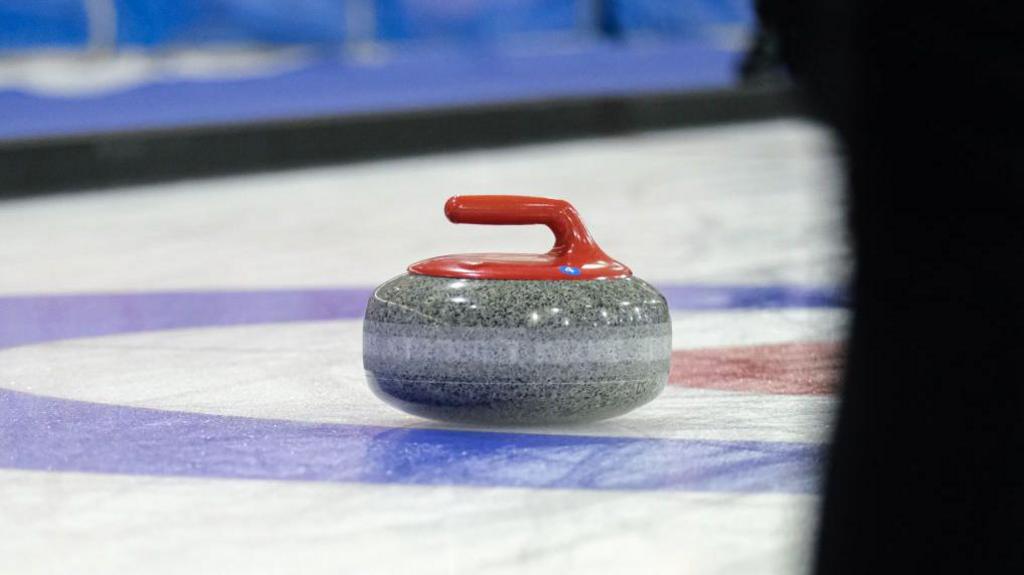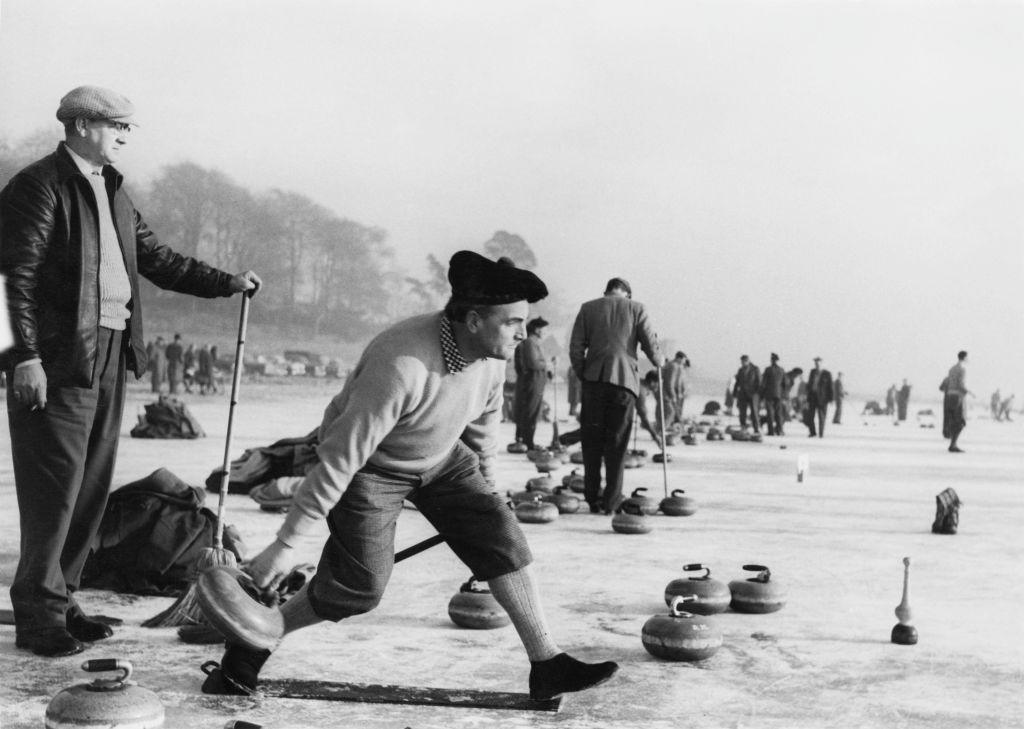Curlers ready for return of world's biggest match

Thousands of curlers will take to the ice across Scotland for the world's single biggest curling match
- Published
Curlers from across Scotland will come together to compete in the world's single biggest curling match on Saturday.
The Indoor Grand Match involves thousands of curlers from across the country and is held every five years but this is the first time the match has taken place since 2015, as the event was cancelled during the Covid pandemic.
Players compete at "home" or "away" for the north or south regions - with a hypothetical line drawn across Scotland between the River Forth and the River Clyde.
Each game contributes to an overall tally with one of the sides winning the coveted Grand Match Trophy.

Lockerbie Ice Rink is one of the venues hosting the grand match
Lockerbie Ice Rink and Dumfries Ice Bowl are among the venues hosting matches throughout the day.
Graham Sloan, development manager for Dumfries Curling, said the event was as much about bringing the curling community together as it was about the competition.
He said: "We've got 36 teams coming with four in each team.
"We have a morning session, a lunchtime session, and then an early evening session.
"It is a fantastic social occasion, steeped in tradition and is really about everyone coming together to have a bit of fun."

Curling's Grand Match was traditionally held on outdoor rinks
The Grand Match was traditionally played on outdoor rinks, with the first event held on Penicuik Loch in 1847.
It welcomed 680 curlers and attracted 5,000 spectators.
However, the match was changed to an indoor format in 2000, as rising temperatures limited outdoor ice rink availability.
It has been held every five years since - with the south winning every edition so far - with a break for Covid in 2020.
Why all Olympics curling stones come from this uninhabited Scottish island